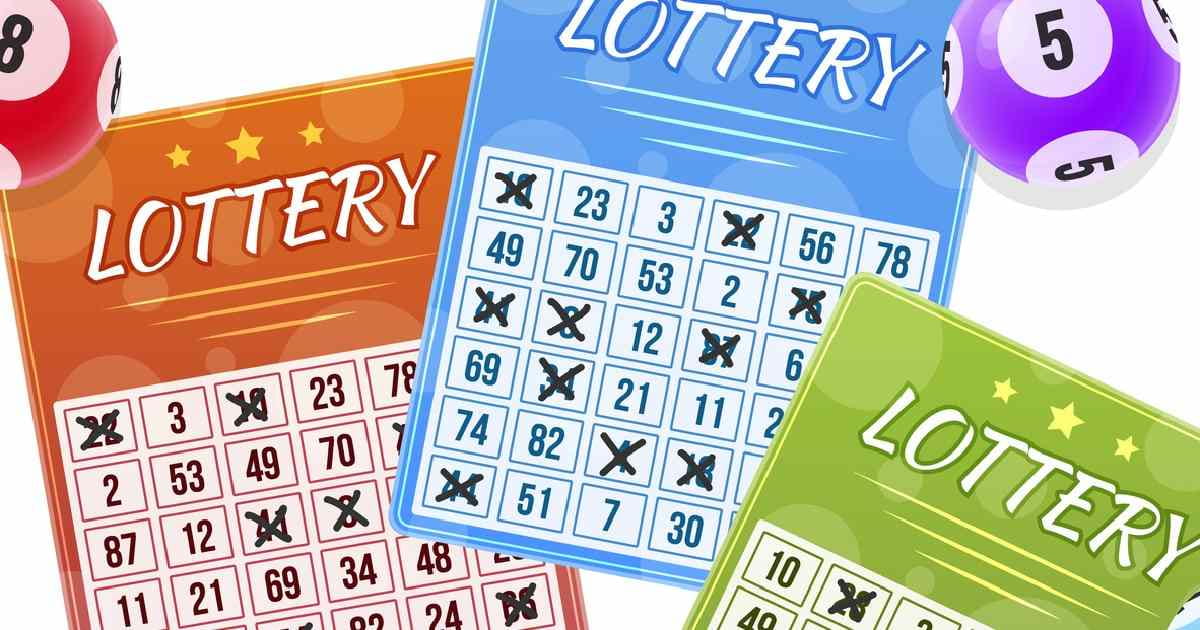In the bustling world of entertainment and chance, few phenomena capture the human imagination quite like the lottery. It’s a game of dreams, where the promise of sudden wealth beckons millions to test their luck against astronomical odds messipoker. But beyond the allure of winning lies a tapestry of intricate psychology, societal impact, and statistical marvels that make the lottery far more than just a game of chance.
The Lottery’s Seductive Allure
At its core, the lottery embodies the essence of hope. With a simple ticket purchase, anyone can dare to dream of a life transformed by wealth. It’s a potent cocktail of anticipation and possibility, drawing people from all walks of life into its grasp. From the struggling worker dreaming of financial freedom to the affluent seeking an extra thrill, the lottery offers a level playing field where luck reigns supreme.
The Psychology of Lottery Fever
The allure of the lottery isn’t merely about winning; it’s about the journey leading up to the draw. Psychologists have long studied the phenomenon of “lottery fever,” where rational individuals succumb to the irrational hope of a jackpot win. It taps into our innate cognitive biases, such as the availability heuristic, where the ease with which we can imagine winning skews our perception of probability. This cognitive dissonance fuels a perpetual cycle of ticket purchases, as players chase the elusive dream of hitting the jackpot.
The Socioeconomic Impact
While the lottery offers the promise of a better life, its impact extends far beyond individual winners. Proceeds from ticket sales often fund vital public services, ranging from education and healthcare to infrastructure projects. In this sense, the lottery becomes a mechanism for social redistribution, where the hopes and dreams of millions contribute to the greater good. However, critics argue that it disproportionately affects low-income individuals, who may spend a significant portion of their earnings chasing an improbable dream.
Statistical Marvels and Mathematical Mysteries
From a mathematical perspective, the lottery is a fascinating enigma. The odds of winning the jackpot are often so astronomical that they defy comprehension. Yet, despite the seemingly insurmountable probability, someone always manages to beat the odds. This paradoxical nature of chance is a testament to the power of randomness and the boundless potential hidden within statistical anomalies.
Beyond the Jackpot: Tales of Triumph and Tragedy
While winning the lottery is the ultimate fantasy for many, the reality for some winners is far more complex. Tales of overnight millionaires squandering their fortunes abound, highlighting the psychological and emotional toll of sudden wealth. From fractured relationships to financial ruin, the lottery’s promise of happiness can sometimes lead to unforeseen consequences. Conversely, there are inspiring stories of individuals using their winnings to effect positive change, uplifting their communities and leaving a lasting legacy of generosity.
